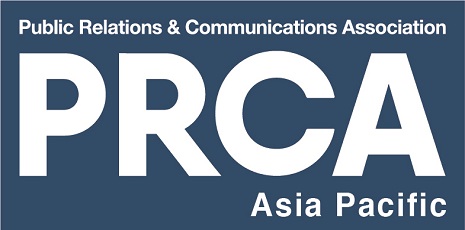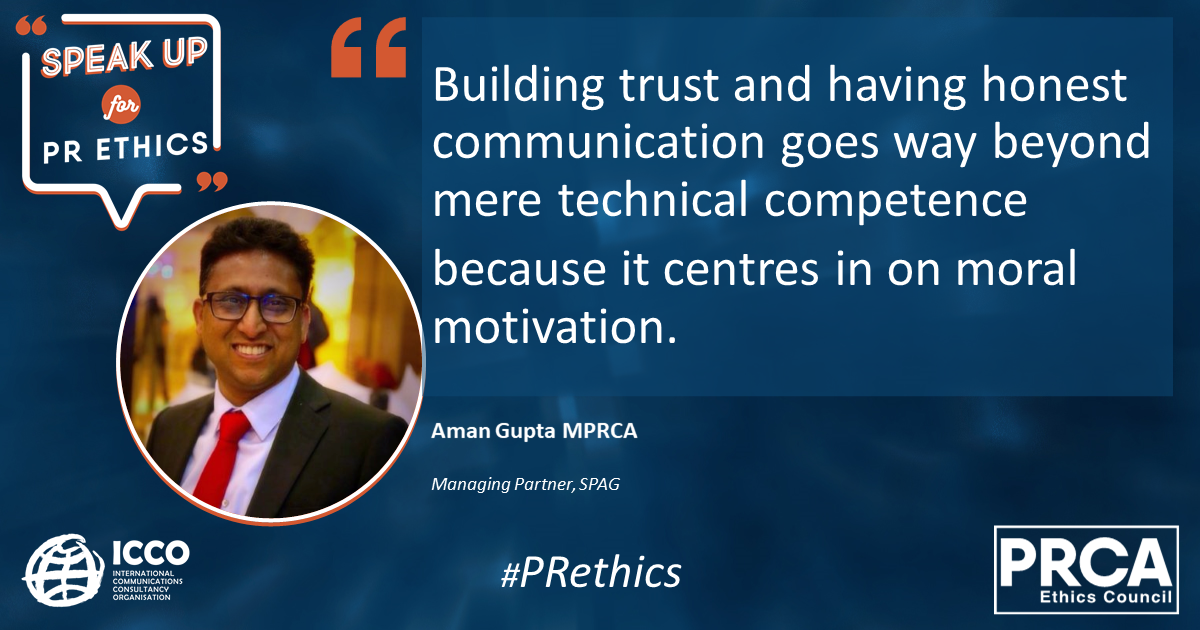Aman Gupta MPRCA, Managing Partner, SPAG
Under the scope of public relations and advocacy, healthcare is one sector where responsibility is paramount. A lot depends on healthcare communications and the entire issue of ethics in that spectrum goes hand-in-hand with the influence of mass media on people’s perceptions. As someone who has spent over two decades in the field of healthcare as a public health advocate and communications specialist, I believe these ethics are layered and eventually embedded in crucial practical undertaking.
Beating the infodemic by building credibility
Ensuring facts prevail over hearsay has always been one of the most crucial and challenging tasks for communications professionals in healthcare, even more so over the last one and a half years. The pandemic gave rise to spread of misinformation and circulation of fake news. This phenomenon has come to be known as the infodemic and the only way to beat it is through the strategic application of infodemiology. This is backed primarily by listening and analytics and helps keep track of the misinformation. It is crucial to then counter the infodemic with accurate information in a way that it dominates the fake and misinformed news doing the rounds. Check and then double check with facts and science before putting anything out there.
Finding the balance in communicating public health information
Information about public health can be exhaustive and complicated. As communications professionals it is important to keep it simple! Any public health information being given to the people should be clear and complete without jargon. The key lies is balancing complex explanations with the ability of the public to comprehend. Moreover, issues that are complex usually have a higher rate of misinterpretation. Thus, they must be handled carefully.
Cultural conceptions can’t be ignored
Every culture comes with preconceived views and notions. These must not be ignored by healthcare communicators. They can play a huge role in how information is perceived and might lead to long-term consequences. Thus, cultural conceptions should not only be accounted for, but also respected.
Healthcare communications is always a two-way street
While the communications and public relations focus on engagement, ethical healthcare communication relies heavily on it. It emphasizes on a two-way dialogue that is truthful and trusting. Building trust and having honest communication goes way beyond mere technical competence because it centers in on moral motivation. In healthcare, we can’t simply offload information. Instead, we lay our eyes on delivering informed choice through competence, disclosure, understanding, voluntariness and consent/refusal.
Without the above elements, healthcare communications treads on a thin line between belief and deception.


